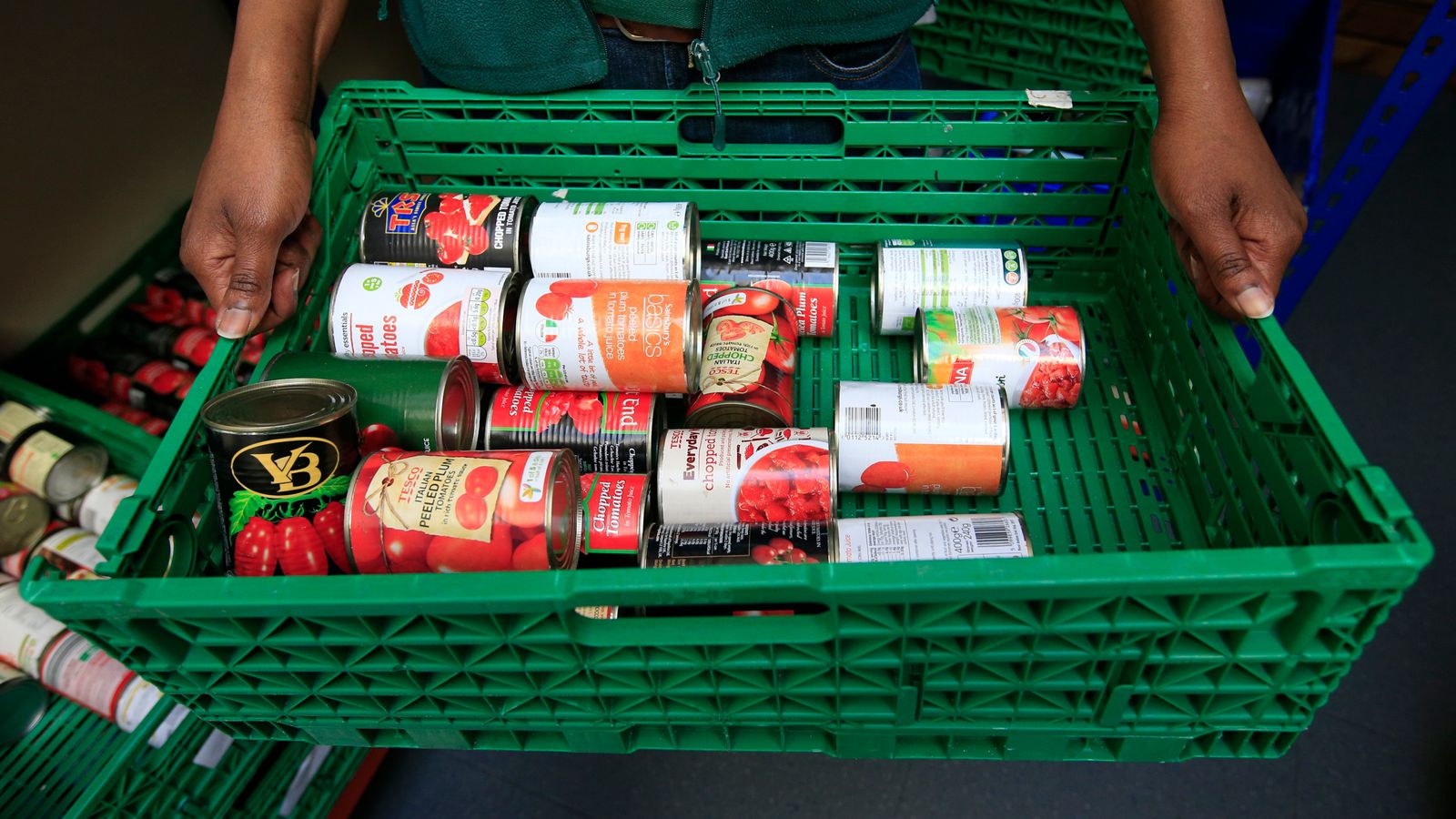British households are on course for the deepest living standards squeeze in a century, with real household disposable incomes expected to fall by 10% this year and the next.
The warning comes in a new report by the Resolution Foundation, which said that real earnings are falling at their fastest rate since 1997, meaning that by the middle of next year real pay growth since 2003 will be wiped out.
A 10% fall in disposable income will be equivalent to £3,000 for a typical household, sending the number of people in absolute poverty up by three million to 14 million.
Meanwhile, relative child poverty is projected to reach 33% in 2026-27 – its highest level since the 1990s – according to the report, which is called In At The Deep End: The Living Standards Crisis Facing The New Prime Minister.
The concern about child poverty is echoed by a briefing note issued to the Scottish parliament from Save The Children Scotland this week, which said urgent action is needed from Holyrood and Westminster to help the poorest families.
Fiona King, the charity’s policy manager, said: “We’re all worried about the sky high rises in the costs of living but it is not hitting us all equally.
“For many families we work with, there are no cost-cutting measures, there is simply nothing left to cut back on.
“We can’t overstate the simple fact that the coming months will be catastrophic for families and especially children who will go cold and hungry this winter, if urgent action isn’t taken now.”
More support could ‘radically reduce’ the problem facing households
The Resolution Foundation’s report took into account the latest forecasts from the Bank of England and the £30bn of policy support announced since March.
Britain’s rate of inflation hit a fresh 40-year high in July – the latest figure available – reaching 10.1% on an annual basis, up from 9.4% in June.
One of the major factors driving the increase is energy bills, which will rise around 80% from October when the latest price cap comes into effect.
Read more:
Food prices in August rose at the fastest rate since 2008
Energy bills to soar for millions as price cap hiked to £3,549
Explainer: Everything you need to know about higher bills
Analysis: Even those who’ve done the right thing won’t escape impact of energy bills rise
The report said that further support to help people pay energy bills, through a social tariff, universal bill reduction, price cap, or further targeted support, would cost tens of billions of pounds but would “radically reduce” the problem facing low and middle-income households.
Keeping the previous chancellor’s promise to raise benefits next year in line with September’s inflation rate is also “essential” to protect poorer households, the report said, adding that it would be improved even further if October’s inflation figure was used instead.
‘Frankly terrifying’
Lalitha Try, researcher at the Resolution Foundation, said that high inflation is likely to stay with us for much of next year, meaning the outlook for living standards is “frankly terrifying”.
“Typical households are on course to see their real incomes fall by £3,000 over the next two years – the biggest squeeze in at least a century – while three million extra people could fall into absolute poverty.
“No responsible government could accept such an outlook, so radical policy action is required to address it.
“We are going to need an energy support package worth tens of billions of pounds, coupled with increasing benefits next year by October’s inflation rate.
“The new prime minister also needs to improve Britain’s longer-term outlook, which can only be achieved by a new economic strategy that delivers higher productivity and strong growth.”
Other warnings about the cost of living on Thursday include:
• Some 400,000 households in England are not protected by the energy price cap and need urgent help, according to the National Housing Federation
• High fuel costs, rising poverty and government inaction could lead to a “significant humanitarian crisis with millions of children’s development blighted”, according to the UCL Institute of Health Equity
• Hospitals are bracing for massive increases in energy costs, according to the BMJ, which says Leeds Teaching Hospitals NHS is expecting to pay an extra £2m a month from next year, Nottingham University Hospitals NHS budgeting for a 214% increase, and Great Ormond Street Hospital in London expecting costs to almost double
